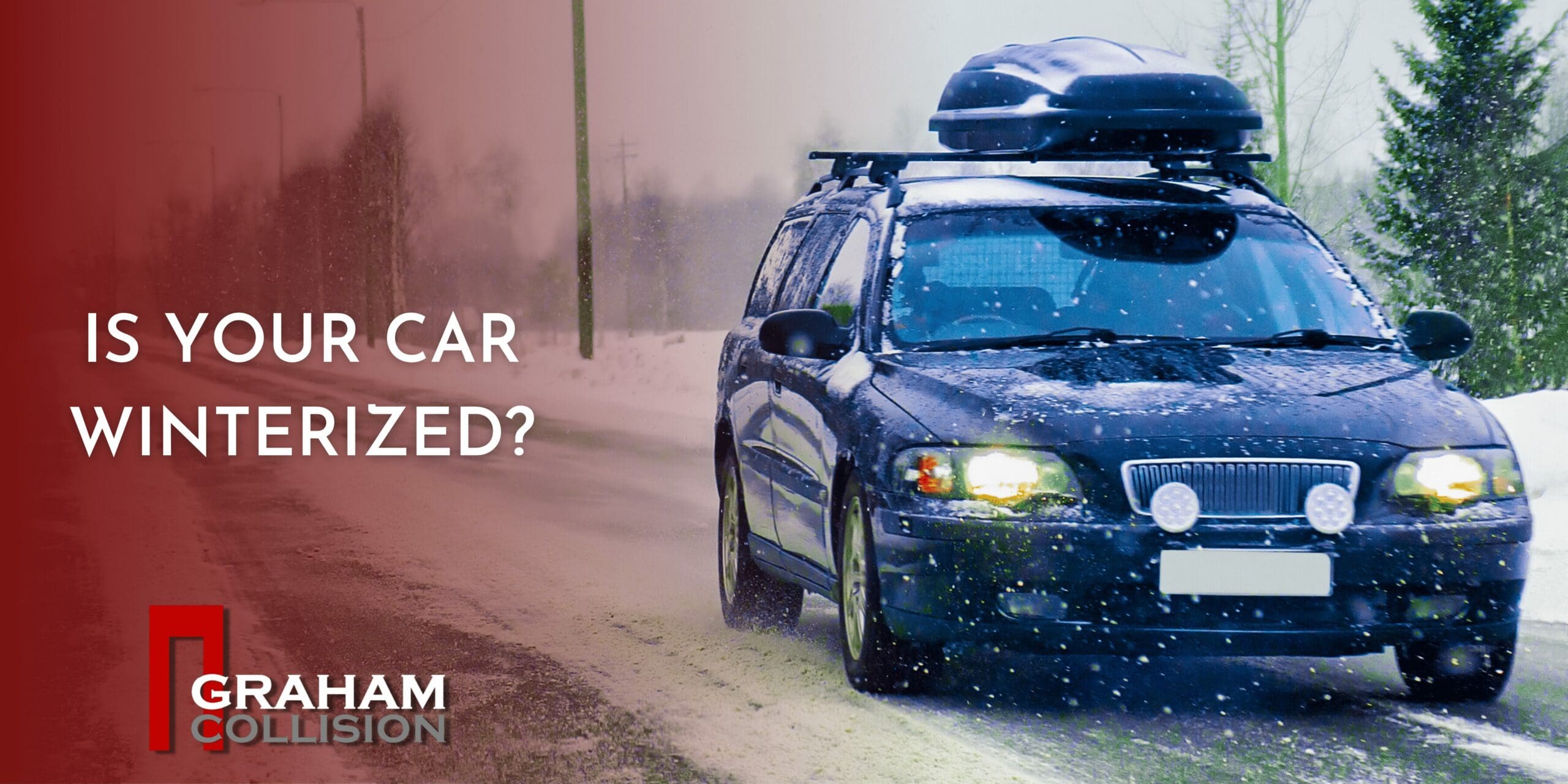
As much as we’d like to think that winter is almost over, we know that it’s barely started. With a few months of winter left, it’s important to make sure your vehicle is safe to drive in these less-than-pleasant winter conditions.
The only thing between you and the road is your tires. It’s crucial to ensure that your tread is wearing evenly, there’s plenty of the tread remaining, that no road hazards have damaged your tires, and they are filled to the proper pressure. And don’t forget the spare! You never know when a flat tire could create a detour in your route.
Fluids are the lifeblood of your vehicle. Your car has many different fluids ranging from engine oil, engine coolant, brake fluid, power steering fluid, transmission fluid, differential fluid, and of course, your fuel system…just to name a few! It’s important to ensure that those fluids are in excellent shape and that the levels are full. Fluids clean, cool, condition, and lubricate the system, so you don’t want to go without them! Especially on your road trip.
We’ll have your belts and hoses inspected. Make sure you look for weakness, cracks, fraying, and the overall condition and age. These belts and hoses are a crucial part of your vehicle’s duties. Belts kick-start the alternator and help the water pump, and hoses carry your fluids and gasses like fuel, air, brake fluid, and antifreeze. A good rule of thumb is to change these vital pieces of your vehicle at 100,000 miles or every 10 years.
Have your battery/starting/charging system checked. Your battery provides electrical power to start the engine, stabilizes voltage for the charging system, and supplies additional current to the charging system. It’s always good to catch a weak battery before you get on the highway, rather than having it fail while you’re on your trip.
If our tips missed something in your vehicle, or something unforeseen happens and you find yourself in a sticky situation, having a kit with all the necessities will hold you over until help arrives. In this kit, you’ll at least want to pack some blankets, drinking water, snacks, first aid, and reflective triangles. You should have one of these kits in your car during all seasons, but in the winter, you’ll want to add a few extra crucial supplies to make sure you have everything you need in case you get caught in the cold: things like an ice scraper, extra antifreeze, a snow shovel and/or a bag of sand, and extra warm clothes like extra socks, jackets, hats, or gloves. You never know when you’ll need these tools, but it’s better to have them in your vehicle just in case.


2% Service fee on all credit card transactions. We do not accept checks over $500. Alternative method accepted is cashier’s checks.
Graham Collision © 2024. Powered by Nexus 6 Marketing.
Our Hours 7:30 AM – 5:30 PM, M-F